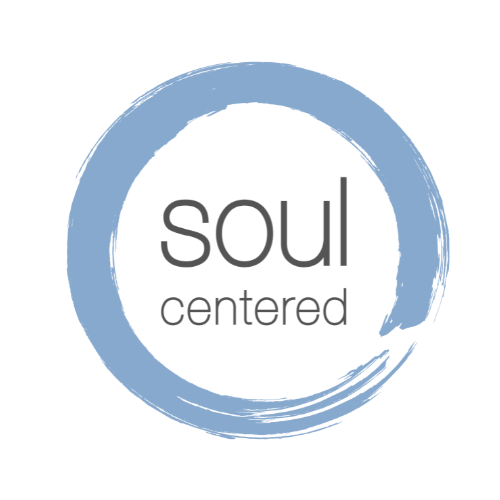The Many Ways To Conquer Grief
None of us are immune to grief and uncertainty. Bereavement and periods of adjustment are perfectly natural. However, left unchecked, negative emotions can spiral out of control and leave people feeling crippled for months or even years to come.
If you feel ready to combat the depression and anxiety resulting from grief and uncertainty–but are not quite sure how–that is where purpose comes in.
Learn what counts as grief, loss, and uncertainty, and how a strong sense of purpose helps boost emotional healing.
Defining Grief And Uncertainty
When many of us think about grief, we think about the loss of a family member or loved one. That certainly can be the case, but grief is a broader term and can be used to describe the deep and unrelenting sorrow a person may feel during and after big life changes, like loss of employment, a breakup or divorce, being diagnosed with a chronic illness, and other dramatic shifts in circumstances.
Grief can come and go. Grief can take months or years to process. There are no rights and wrongs while grieving. If grief is overwhelming and seemingly endless–while significantly impacting the grieving individual’s day-to-day life–it may be referred to as complicated grief. This unrelenting grief affects 10% to 20% of the population.
Determining Your Purpose
Determining your purpose can start with the basics. After losing a loved one or getting divorced, for example, it is wise to establish a new routine and a new normal. Make sure your new routine keeps you busy, especially when you may be vulnerable to succumbing to unproductive coping mechanisms. Also, take a step back and make a point to critically assess new routines. Why did you make time for these particular activities? Do these routine activities fall under obligations and necessities, or do you feel compelled to do them no matter what happens?
If your answers fall under the latter category, make a note of it and know that this may be something that qualifies as a purpose to you. Don’t be too quick to write off necessities, either. Yes, taking the kids to school is something you need to do. However, being a parent–and being a good parent–brings a lot of people all across the globe a considerable amount of meaning.
Another way to begin emotional healing through purpose is to indulge an age-old activity or exercise. That time-honored exercise is making a bucket list. Yes, it is possible to begin emotional healing by listing 100 things you want to do before you die. After creating your list, you may want to go back over it again. Pick out the 10 things that mean the most to you and that you want more than the others. Ask yourself why you want to do these things most and if it is possible to get started–even by taking just a small step–right away.
